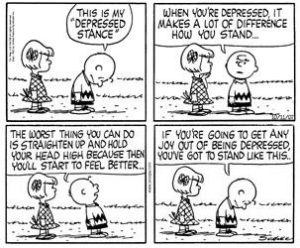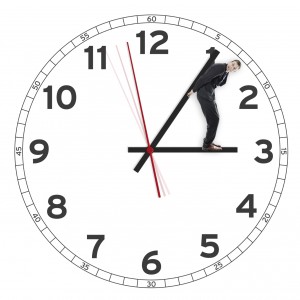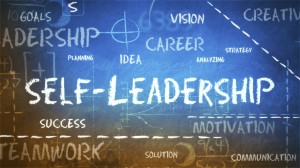Behaviour and mood are linked together…
 Have you ever noticed for example that when you are feeling “down” you sometimes simply have to engage in some stimulating breathing exercises or in doing something that nourishes you to feel much better? We tend to believe that all emotions last a long time but actually they don’t as it really depends which emotions we are talking about.
Have you ever noticed for example that when you are feeling “down” you sometimes simply have to engage in some stimulating breathing exercises or in doing something that nourishes you to feel much better? We tend to believe that all emotions last a long time but actually they don’t as it really depends which emotions we are talking about.
First, let us make the difference between “emotions” and “feelings”. In this article, the well-known neurologist Antonio R. Damasio, says the following:
“In everyday language we often use the terms interchangeably. This shows how closely connected emotions are with feelings. But for neuroscience, emotions are more or less the complex reactions the body has to certain stimuli. When we are afraid of something, our hearts begin to race, our mouths become dry, our skin turns pale and our muscles contract. This emotional reaction occurs automatically and unconsciously. Feelings occur after we become aware in our brain of such physical changes; only then do we experience the feeling of fear.”
Thus feelings are formed by emotions.
To test the length and effect of emotions, Philippe Verduyn and Saskia Lavrijsen from the University of Leuven in Belgium asked 233 students to recollect recent emotional episodes and report their duration.[1]. They found out that:
„Rumination is the central determinant of why some emotions last longer than others. Emotions associated with high levels of rumination will last longest“ (Professor Verduyn).”
Out of a set of 27 emotions, sadness apparently lasted the longest whereas shame, surprise, fear, disgust, boredom, being touched, irritated or feeling relief were over much faster.[2]
Mindfulness can help you notice what’s going on in your body, inviting uncomfortable emotions and feelings in and letting them go, exactly as with positive emotions and wanted feelings. Being with yourself moment by moment helps you to stay anchored and not being “knocked-down” as well as feeling “helpless” when encountering strong emotions.
The following cartoon of Charlie Brown illustrates this in a fantastic way and it always makes me smile when I look at it! I hope you do so too….
Jenny
[1] http://www.dailymail.co.uk/sciencetech/article-2815719/Feeling-sad-FIVE-DAYS-shift-mood-Sadness-lasts-240-times-longer-emotions-study-claims.html
[2] The full research can be found here : http://link.springer.com/article/10.1007/s11031-014-9445-y






